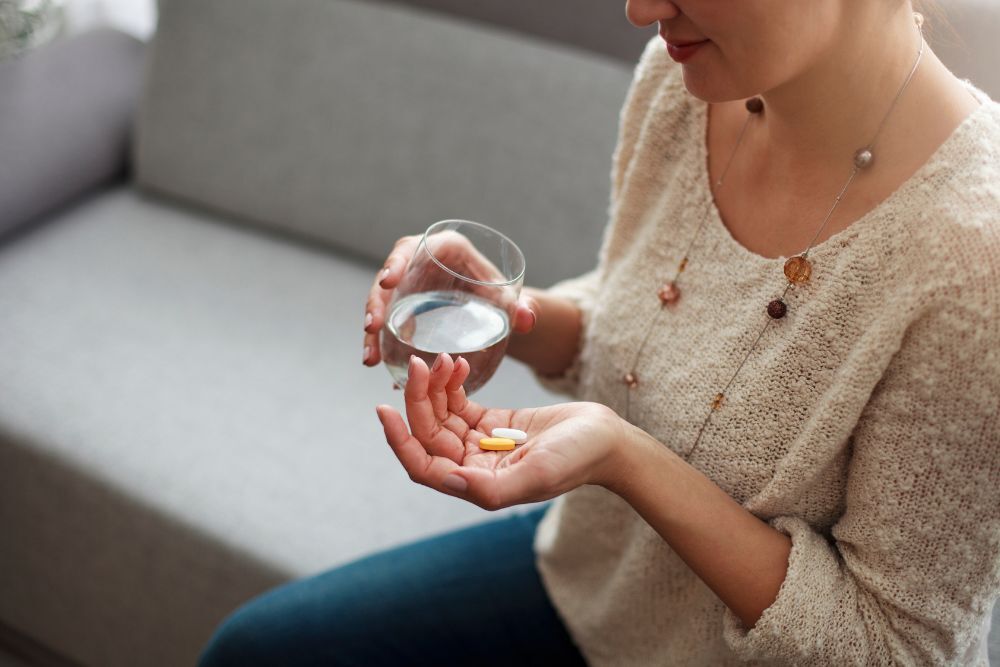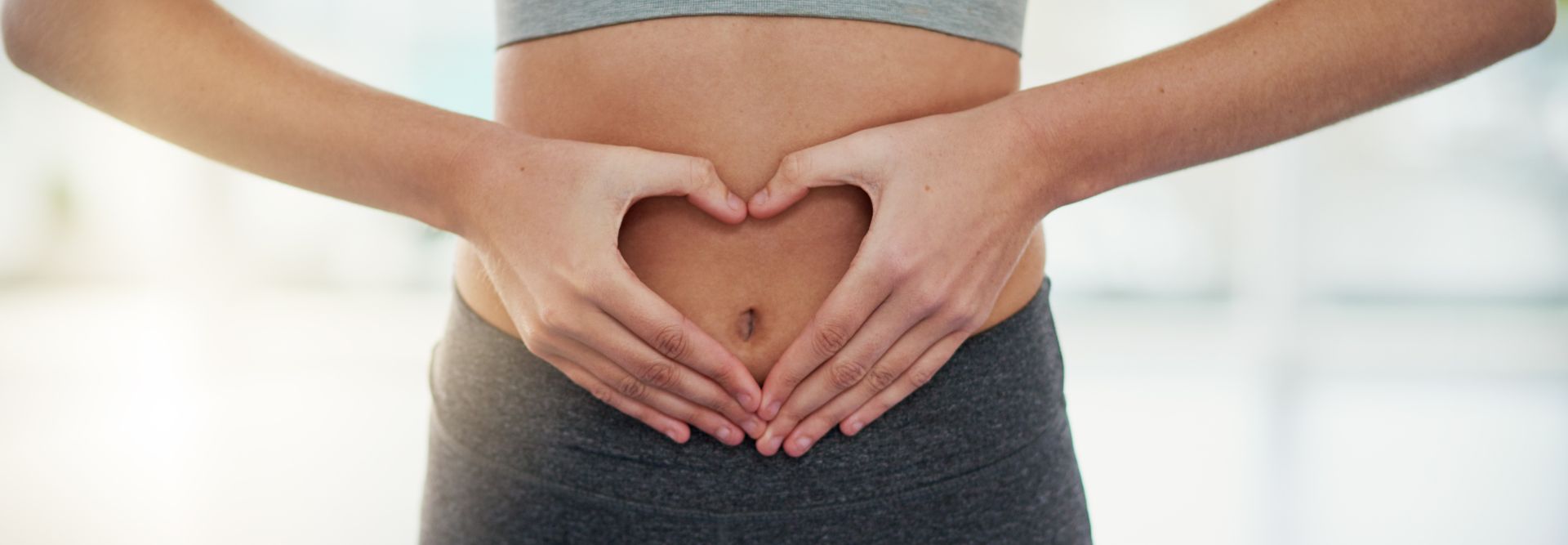Dehydroepiandrosterone (DHEA), the body’s most abundant hormone, has been studied for its proposed anti-aging properties, along with those for mental health, and chronic (long-term) and autoimmune conditions. As it enables hormone production, including female and male sex hormones, DHEA may also be vital for reproductive health. As with any supplement, you should discuss DHEA with your doctor before taking it.
A DHEA Overview and General Benefits
First isolated in 19341, DHEA is naturally produced in the adrenal gland. Levels peak around 25 years old, and then slowly fall, and for people 70-80 years, DHEA levels are only 10%-20%2 of young adults. As such, it’s been studied for potential anti-aging benefits3, including cognitive function, and bone and skin health. DHEA may also benefit lupus, an autoimmune condition in which the immune system attacks the body. It may provide support for metabolic syndrome, a group of conditions that boost chronic disease risk in women and men, including heart disease, type 2 diabetes, and cancer.
How DHEA Benefits Female Fertility
DHEA has been shown to improve fertility treatment4, particularly for in vitro fertilization (IVF). In 2016, a set of criteria was established for low prognosis patients5, called the Patient-Oriented Strategies Encompassing IndividualizeD Oocyte Number (POSEIDON) stratification. These were applied to women 35 years or older with poor ovarian response. With this condition, the reproductive system does not provide adequate ovarian follicles (i.e., small, fluid-filled sacs that hold eggs), and thus does not adequately respond to standard fertility treatment protocols. The POSEIDON criteria also accounts for diminished ovarian reserve, occurring when a woman has low egg quality or quantity.
It was found that, when DHEA supplements were taken before an IVF cycle, there were improvements in patients’ oocyte and embryo numbers, regardless of age. In addition, the women involved in the study had higher cumulative pregnancy rates and lower cancellation rates compared to the control group.
Does DHEA Offer Antioxidant Benefits?
DHEA displays valuable antioxidant properties6, providing defense against unstable molecules, called free radicals. While required for normal processes, like ovulation, in higher amounts, they can cause oxidative stress, resulting in cellular damage, including that for reproductive health, and the development of chronic conditions. As an antioxidant, DHEA may lower oxidative stress and the accompanying inflammation. Specific to women’s fertility, DHEA may boost the antioxidant capacity7 and reduce free radical damage in the endometrium, the lining of the uterus, making it vital for conception and pregnancy.
Shop DHEA Supplements For Fertility Benefits
When selecting a DHEA supplement, quality may vary, making it vital to select high-quality products. NutraBloom supplements, developed by physicians and world-class fertility experts, provide clinical-grade nutraceuticals, in their optimal forms and amounts, free from contaminants. Our DHEA supplement is formulated to support women’s fertility, including hormonal health, libido, and various postmenopausal concerns.
While DHEA may be effective for certain reproductive and general health needs, you should always speak with your doctor or fertility specialist before starting a new regimen.
References:
- https://link.springer.com/chapter/10.1007/978-1-59259-303-3_8#
- https://www.mountsinai.org/health-library/supplement/dehydroepiandrosterone
- https://www.mayoclinic.org/drugs-supplements-dhea/art-20364199#
- https://www.mdpi.com/2072-6643/13/7/2449
- https://www.ncbi.nlm.nih.gov/pmc/articles/PMC7139860/#
- https://onlinelibrary.wiley.com/doi/10.1002/jcp.26458
- https://kd.nsfc.gov.cn/paperDownload/991347462.pdf



